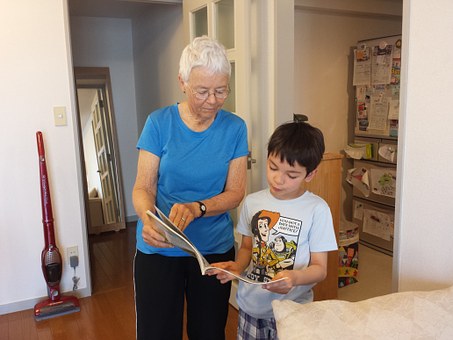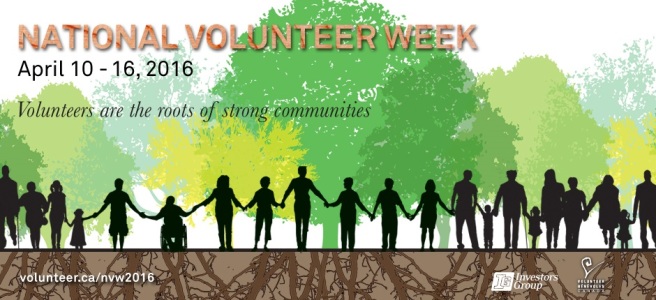
When I was a young girl we had a pet dog that became a most beloved member of our family. We called her “Tramp” because she followed my brother home one day in a snowstorm. A mutt by pedigree – a mix of beagle and hound – Tramp most certainly provided us with many years of wonderful companionship and unconditional love and we loved her in return.
In a previous blog post I talk about being childless in retirement and how to extend your family in untraditional ways. It occurred to me that another way to extend family in your golden years is to adopt a pet and become a pet parent.

My husband and I have been thinking about adopting a dog when we retire, giving an animal a much needed home and enjoying the companionship of “man’s best friend” in return. But where to begin? Where do you find your pet if it doesn’t follow you home one day like Tramp did years ago?
Perhaps the best place to start is the Toronto Humane Society or a similar organization in your local area that is dedicated to promoting the humane care and protection of all animals and to preventing animal cruelty and suffering. The Toronto Humane Society has a four-step adoption process that prospective pet parents must go through to ensure that the pet you adopt is a good match for you.

One question you might have is what kind of animal would best suit you in retirement. This can be affected by a whole range of factors, including any physical limitations you might have in walking and caring for an animal. I like the article “Dog breeds for older people”, which discusses different categories of dogs for different needs, including:
- pets that are less vigorous, have gentle temperaments and are easy to train;
- smaller breeds for those who are weak or physically disabled; and
- one-person dogs that form a strong bond with one owner.

Research has been done on the effects of having a pet and some evidence points to the positive effects of pet ownership on an elderly person’s physical and mental well-being. The Pets for the Elderly Foundation cites the benefits of pet ownership for the elderly including:
- lowering a person’s blood pressure and pulse rate;
- decreasing the number of visits to the doctor;
- lessening depression;
- enhancing social opportunities; and
- combatting loneliness.
In fact, there are at least 30 pet-friendly assisted living and retirement homes in Toronto, cites SeniorAdvisor.com. So, if you are worried about adopting a pet and then having to give it up should your living arrangements change, that is not necessarily the case.

If you concerned about balancing your desire to travel in retirement with the obligations of caring for a pet, there are solutions to your pet predicament. “Pawshake”, an online service that was launched in Canada in June 2015, connects pet owners with “vetted and insured pet sitters, walkers and home boarding.” Yelp also provides a list of the “Best 10 pet boarding/pet sitting” services in Toronto.
Still not convinced that becoming a full-time pet parent is for you in retirement? Consider becoming a volunteer foster parent to an animal. The Toronto Humane Society is looking for foster parents to provide a temporary home to animals in need. You have to attend an orientation session and complete an application to be accepted for this worthwhile calling.










![caffeine-1060333__340[1]](https://retirement195.files.wordpress.com/2016/03/caffeine-1060333__3401.jpg?w=656)








